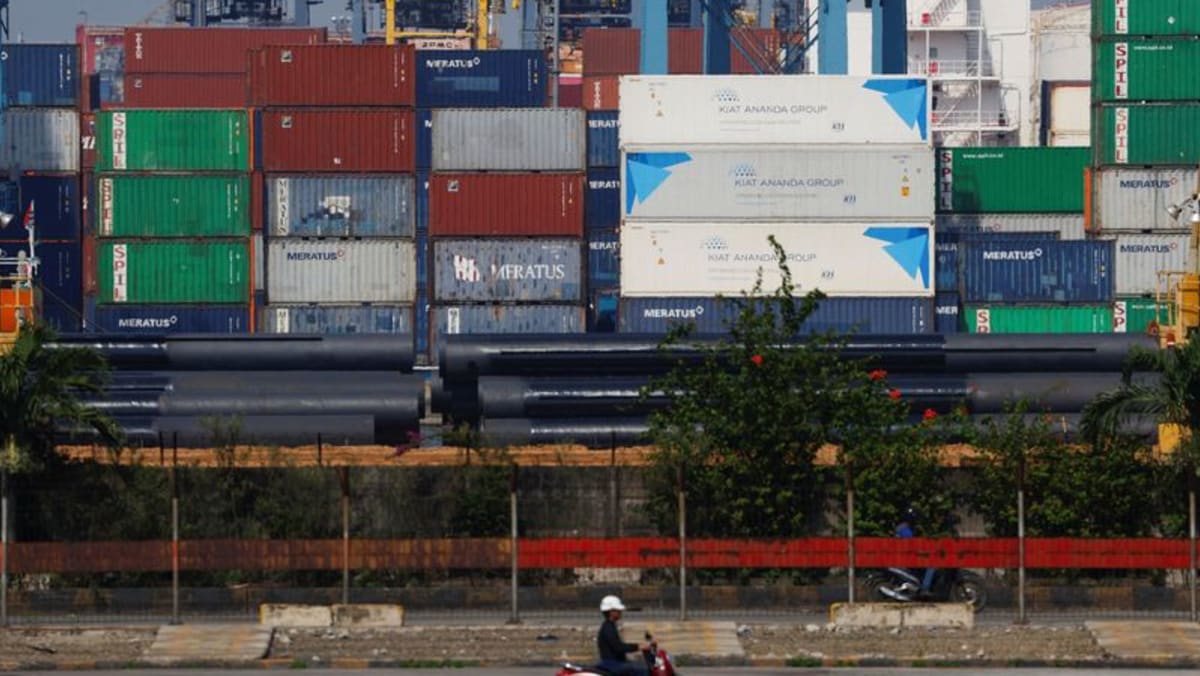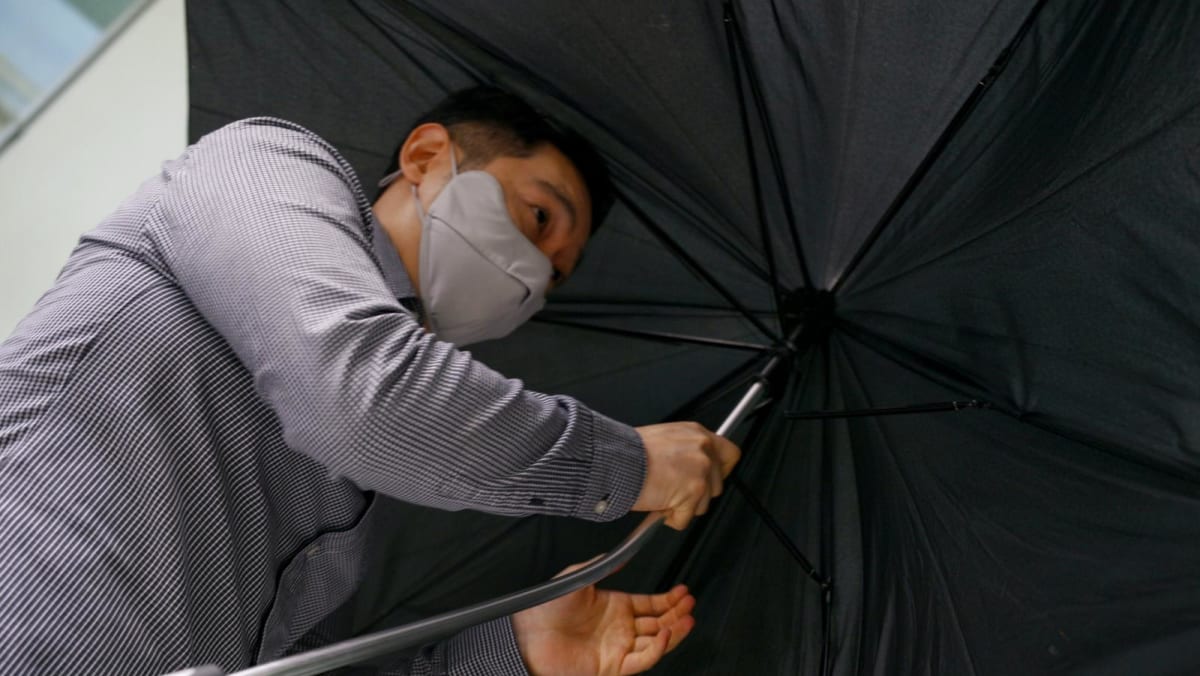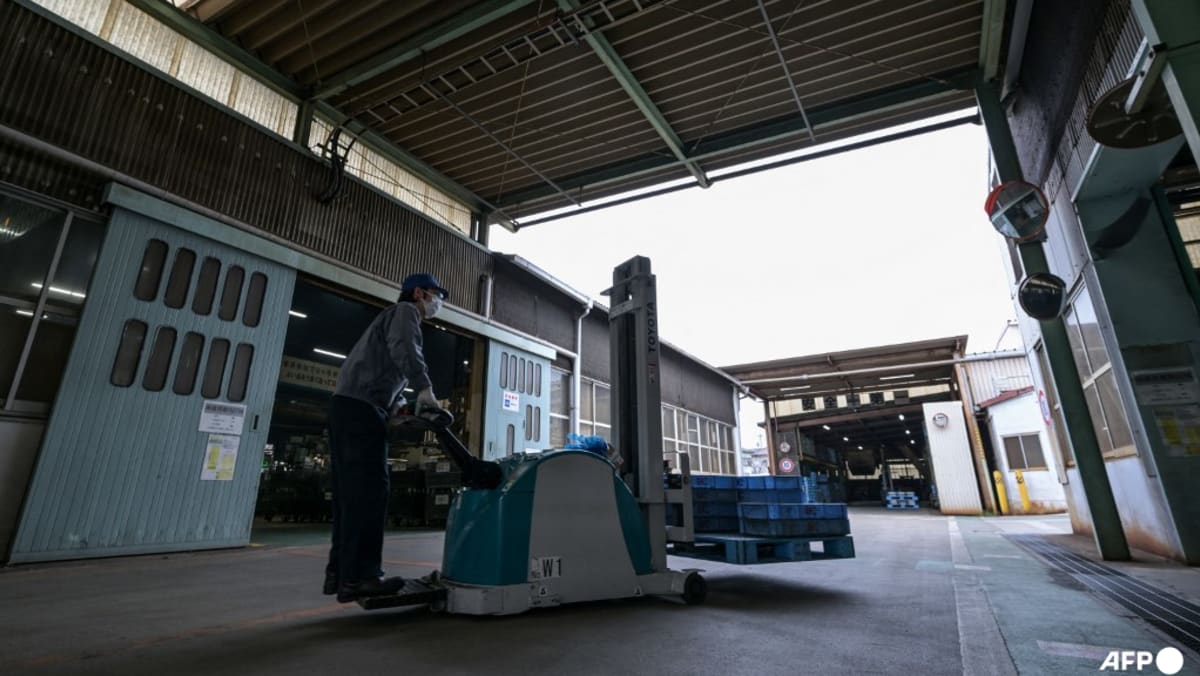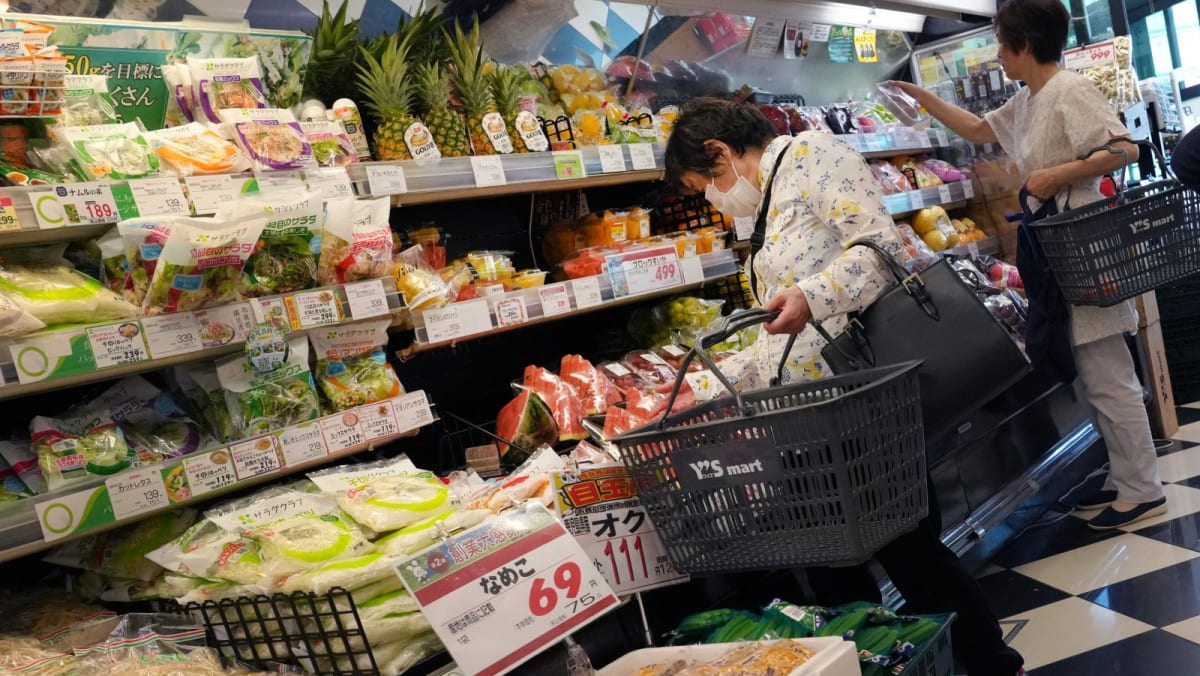JAKARTA: Authorities are probing two cases of food poisoning outbreaks that have affected over 170 students under Indonesia's ambitious free nutritious meal programme, the latest of at least six known cases since the programme was launched in January.
The nationwide project - part of President Prabowo Subianto’s key campaign promises - aims to boost the nation’s human resource quality in the long term by improving nutrition in children's meals and nurturing better educational outcomes.
A recent and widely reported incident took place in Cianjur regency of West Java where at least 165 students were admitted to the hospital for food poisoning after consuming the free meal packages last Monday (Apr 21), local media reported.
“We conducted checks on two schools which had 972 students in total, 165 of them were sick,” Head of the Disease Prevention and Control Division of West Java’s Health Office Rochady Hendra said on Saturday, as quoted by local news outlet Detik.
A 16-year-old student from the MAN 1 Islamic senior high school in Cianjur said that he noticed a “bad smell” coming from the shredded chicken, one of the dishes served in the nutritious meal programme on Monday morning last week.
“A few hours after eating it, I began to feel dizzy and vomited,” 16-year-old M Raihan told Tempo.
On Thursday, Kompas reported that 78 students from the two schools - MAN 1 Cianjur state Islamic senior high school and SMP PGRI 1 Cianjur junior high school - had shown symptoms of nausea, vomiting and diarrhoea after consuming the meal packages.
The high number of patients due to the food poisoning cases forced the agency administration to declare a state of emergency in the region, according to the Jakarta Post.
The West Java Health Agency analysed some samples of food from the kitchen and vomit from the patients to assess for possible microbe contamination while the Cianjur Health Agency suspended meal production at the kitchen service units which produced the free nutritious meals.
“The laboratory test results (for possible microbe contamination) have not yet been released,” National Nutrition Agency head Dadan Hindayana told Kompas on Monday as he gave the latest updates.
Dadan also said that the exact cause of the incident remained unclear and was still being investigated.
Previously, he had also said that training and a refresher course would be provided to food handlers to improve their skills, as quoted in the Jakarta Post.
He also said that plastic food trays used in packaging the free nutritious meals may have contributed to the food poisoning experienced by the 165 students.
“In the two schools, the food trays were made of plastic, that’s why we are requesting an immediate replacement,” he told Kompas on Thursday.
In addition to concerns about the food trays, Dadan also instructed the head of the kitchen service unit in Cianjur to separate the flow of incoming and outgoing food items.
Since the exact cause of the poisoning in Cianjur remains unknown, Dadan also said that the investigation has been hampered by the fact that the leftover food had already been disposed of by the schools.
In addition to conducting lab tests on the food samples still available at the kitchen service unit, his agency also inspected the water and utensils used, highlighting that they were “safe to use”.
CALLS TO SUSPEND AND REVIEW THE PROGRAMME
In the wake of the latest incident, calls from civic organisations have emerged for the government to suspend the programme.
Besides Cianjur, food poisoning cases involving food distributed under the free nutritious meal programme were also reported in other regions across Indonesia, including the Bombana regency in Southeast Sulawesi and Batang in Central Java.
In the same week on Wednesday, local media reported that at least 10 students from a primary school in Bombana in Sulawesi fell ill after consuming the free meal packages which included rice, crispy chicken, fried tofu and vegetable soup.
The school principal told Tempo that there was an unpleasant smell from the crispy chicken, which was no longer fit for consumption. Police later confirmed the following day that 53 out of the 1,026 of the packages from the kitchen service unit were found to be spoiled.
The 1,026 packages were supposed to be distributed to three schools in the area.
In another case this month, at least 60 students from eight schools in Batang, Central Java fell ill after consuming the free nutritious meal packages on Apr 14.
Indonesia Corruption Watch said that the incident was caused by a lack of standardisation among all kitchen units in preparing the food, reported the Jakarta Post.
Diah Saminarsih of the Centre for Indonesia’s Strategic Development Initiatives told the Jakarta Post that the food poisoning likely stemmed from the government’s failure to thoroughly consider conditions and other external factors that differ from one region to another.
“The government must at least review the programme and suspending it isn’t necessarily a bad idea,” she said.
“If not, the issues must be categorised and solutions should be developed in consultation with experts and the public,” she added.
Indonesian nutritionist Tan Shot Yen said she believes the free meals initiative was rolled out too quickly, CNA reported previously.
“The socialisation of this programme is very scarce at the grassroots,” she added.

















































.png?itok=erLSagvf)
